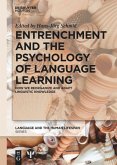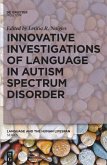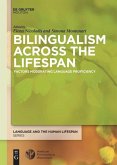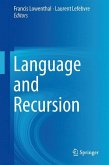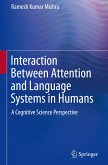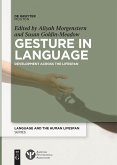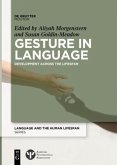In recent years, linguists have increasingly turned to the cognitive sciences to broaden their investigation into the roots and development of language. With the advent of cognitive-linguistic, usage-based and complex-adaptive models of language, linguists today are utilizing approaches and insights from cognitive psychology, neuropsychology, social psychology and other related fields.
A key result of this interdisciplinary approach is the concept of entrenchment-the ongoing reorganization and adaptation of communicative knowledge. Entrenchment posits that our linguistic knowledge is continuously refreshed and reorganized under the influence of social interactions. It is part of a larger, ongoing process of lifelong cognitive reorganization whose course and quality is conditioned by exposure to and use of language, and by the application of cognitive abilities and processes to language.
This volume enlists more than two dozen experts in the fields of linguistics, psycholinguistics, neurology, and cognitive psychology in providing a realistic picture of the psychological and linguistic foundations of language. Contributors examine the psychological foundations of linguistic entrenchment processes, and the role of entrenchment in first-language acquisition, second language learning, and language attrition. Critical views of entrenchment and some of its premises and implications are discussed from the perspective of dynamic complexity theory and radical embodied cognitive science.
A key result of this interdisciplinary approach is the concept of entrenchment-the ongoing reorganization and adaptation of communicative knowledge. Entrenchment posits that our linguistic knowledge is continuously refreshed and reorganized under the influence of social interactions. It is part of a larger, ongoing process of lifelong cognitive reorganization whose course and quality is conditioned by exposure to and use of language, and by the application of cognitive abilities and processes to language.
This volume enlists more than two dozen experts in the fields of linguistics, psycholinguistics, neurology, and cognitive psychology in providing a realistic picture of the psychological and linguistic foundations of language. Contributors examine the psychological foundations of linguistic entrenchment processes, and the role of entrenchment in first-language acquisition, second language learning, and language attrition. Critical views of entrenchment and some of its premises and implications are discussed from the perspective of dynamic complexity theory and radical embodied cognitive science.


